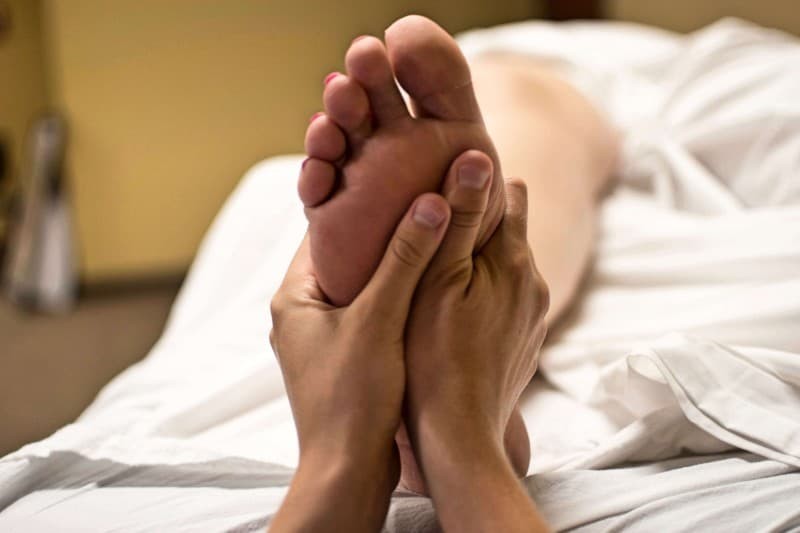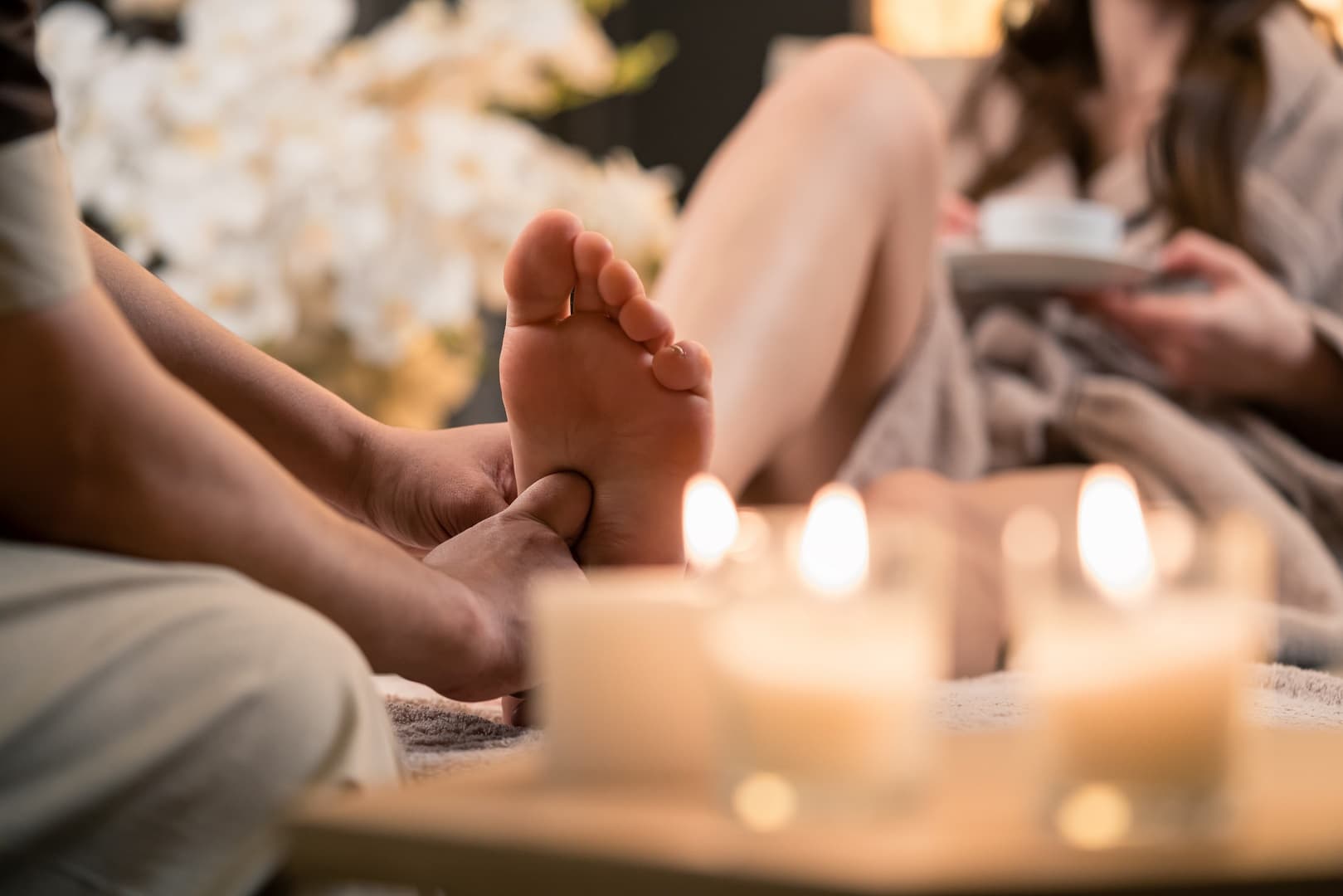
There's no denying the growing popularity of reflexology treatment as a means to detect and fix problems in different body systems. Understanding the theory and practical aspects of this hands-on practice will enable you to treat a variety of health conditions and restore the body to its healthy state. If you've always wanted to learn this fascinating therapy or translate your passion into a lucrative career, you will greatly benefit from studying reflexology. Here's some great info to get you started.
What is Reflexology?
Reflexology is a type of complementary medicine that is based on the principles of Traditional Chinese Medicine. It involves the application of pressure on specific points on the feet that correspond to certain organs in the body. Manipulating these points releases the energy blockage or congestion in the corresponding part of the body, promoting a freer flow of energy and improving the patient's health and overall wellbeing. Reflexology is a completely safe therapy that's also great for relieving stress and promoting relaxation.
What Conditions Can Reflexology Help With?
The benefits of reflexology go beyond providing relaxation. Many people who have experienced it reported that the treatment improved their immune system and helped them overcome their ailments. Some of these include:
 Constipation and other digestive issues
Constipation and other digestive issues- Sports injuries
- Arthritis
- Sinusitis and respiratory issues
- Infections
- Fertility issues
- Hormonal imbalances
- Fibromyalgia
- Back pain
- Digestive issues
- Headaches and migraines
- Premenstrual syndrome (PMS)
- Insomnia
- Depression and anxiety
- Mental health
What Qualifications Do You Need to Become a Reflexologist?
In order to become a qualified reflexologist in Australia and a member of the relevant professional body, you have to complete an accredited reflexology program. There are several ways to hone your skills in the modality; you can start with short courses or earn a certificate or a diploma in reflexology straight away.
Most of the courses centre on reflexology techniques that are designed for the standard treatment, which basically concentrates on the feet or hands. If you want to establish a career that focuses on specialised reflexology, such as sports reflexology, ear reflexology or facial reflexology, you'll be happy to know that there are plenty of reflexology schools in Australia that offer the relevant training programs.
How Long Does it Take to Become a Professional Reflexologist?
The amount of time it takes to complete a reflexology qualification depends on the program you choose. You can learn reflexology through a short course that usually takes two days or a week to complete. After which, you can move on to a certificate program or a diploma course. If you're already considering a reflexology certification, the expected length of study could range from six to 12 months, while a diploma-level qualification takes one year to complete.
A reflexology school is unlike traditional colleges or universities where learning is limited to the four walls of a classroom. As it aims to prepare students for a career in various healthcare settings, or to set up their own reflexology business someday, such a school delivers their reflexology training programs on various platforms to meet every student's needs and learning preference. You may opt to study on-campus, online or sign up for a blended learning class.
What Do You Need to Know About Studying Reflexology?
The study of reflexology focuses on reflexology maps, an important part of the practice that will guide you through the location of reflex points on the feet, hands and ears. Mastering these maps will provide you with the ability and confidence to treat any condition and help each of your clients achieve a better quality of life.
In addition to learning the history and theory behind reflexology as well as fundamental anatomy and physiology subjects, you will also gain a basic understanding of the disease process, how to recognise health or ill health, and a working knowledge of the structure and functions of the body.
Accredited reflexology school programs also provide students with the tools to hone their counselling skills, business management skills and code of ethics, which are essential in carrying out a successful reflexology session. Moreover, a student is also made to understand that there are certain conditions that should not be treated by reflexology.

Where Can You Study Reflexology?
Several reputable reflexology schools in Australia offer a high standard of education and training. Whether you're new to complementary therapies or specialising in a different field and looking to incorporate reflexology into your practice, there is a school out there that aligns with your needs. You just have to map out your reflexology career plan to find your match. Here's a list of the top course providers for reflexology that offer the best curriculum, not to mention flexible learning platforms for classroom learning and distance education:
- Perth School of Reflexology
- Australian School Therapies and Recognition
- GW FACIAL THERAPY TRAINING COURSES
- The Australian School of Reflexology
- Celeste College of Intuitive Massage
- Health and Harmony Colleges
When weighing your options, several factors come into play and these include your schedule, budget and preferred learning environment. It would be best to talk to a course advisor from each institution to learn about the pros and cons of classroom training versus online learning, as well as the requirements or prerequisites for each course.
Gaining knowledge of reflexology and securing a recognised qualification in the field will not only enhance your credentials and reputation as a healer, but it will also allow you to get the necessary insurance coverage to set up your own private practice.
|
Do you have a natural health & wellness business? |




